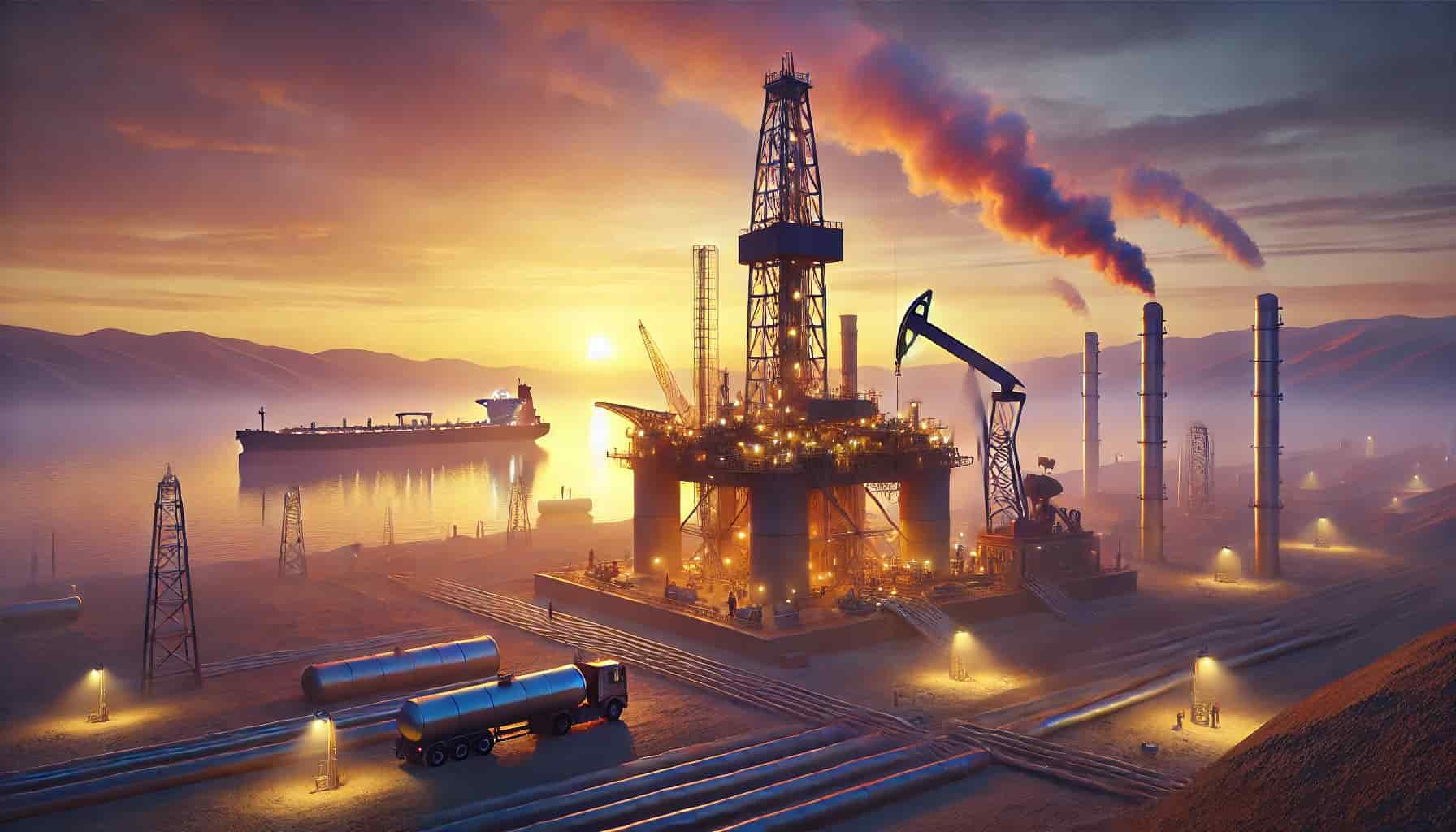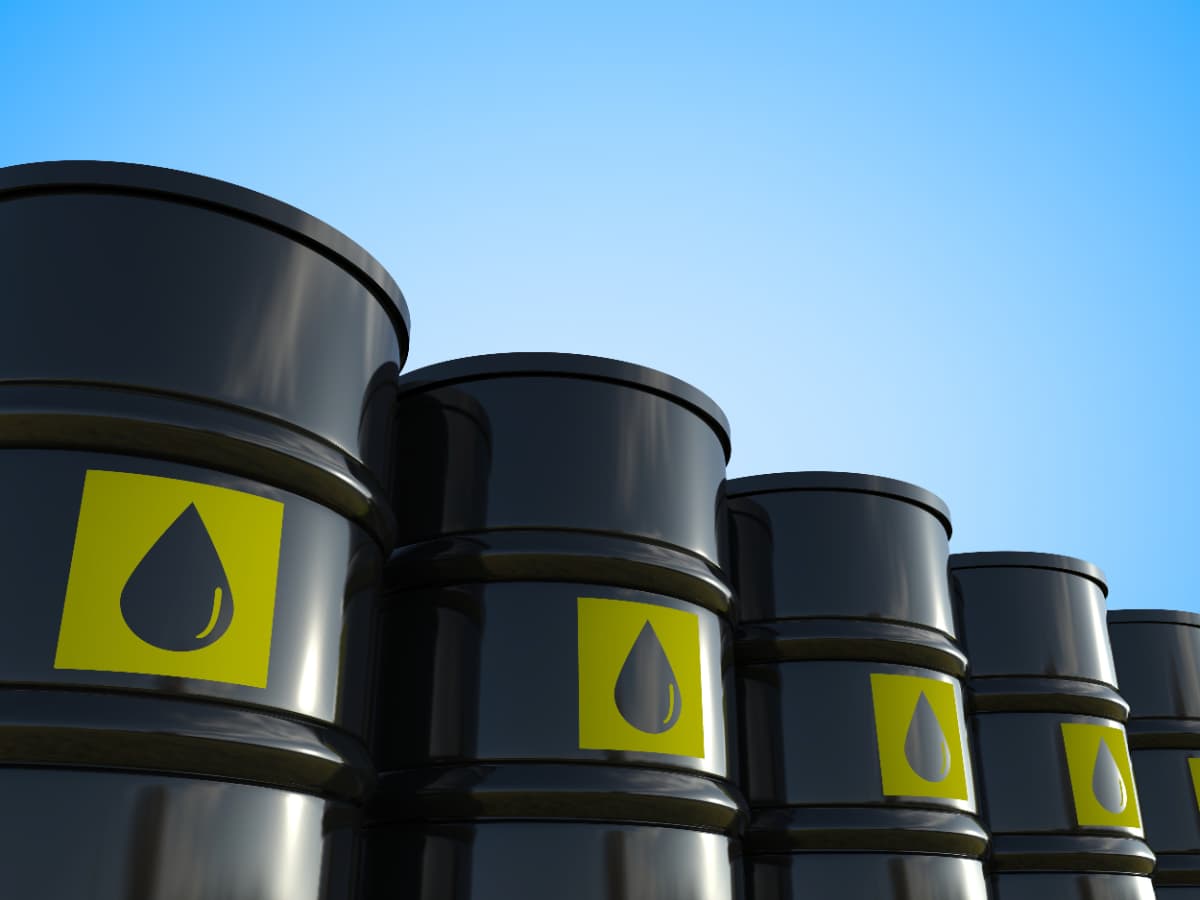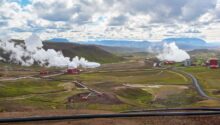Oil is everywhere—fueling our cars, heating our homes, and even forming the plastics we use daily. For decades, it’s been the backbone of modern life. But is it all good? Spoiler alert: not really.
Let’s dig into the pros and cons of oil to see where it shines and where it seriously stumbles.

What Makes Oil So Important?
Oil, also called crude oil, is a concentrated natural energy source. It’s formed deep underground over millions of years and extracted to make fuel, energy, and products we rely on.
Think gasoline for your car, heating for your home, or even the plastic in your phone case. Without oil, modern life as we know it would grind to a halt.
It’s not just about what it powers; oil also shapes global economies. Countries that produce oil often become economic powerhouses (such as the OPEC nations), and global markets rise and fall with oil prices. It’s a big deal, no doubt.
But let’s break it down further.
The Upside: Why We Love Oil
1. It’s Readily Available and Reliable
Oil is ubiquitous, woven into nearly every aspect of modern life. We’ve got a massive global system for extracting, refining, and delivering it. This makes it a go-to energy source that’s always on tap. Need power? Oil remains a dependable energy source.
2. It Packs a Punch
Oil is highly efficient. A small amount goes a long way in producing energy. For example, gasoline (made from oil) powers cars better than most alternatives, getting you farther and faster. That’s why it’s still the top choice for transportation.
3. It’s Versatile
Oil isn’t just about fuel. It’s in asphalt, plastics, fertilizers, and even the synthetic fabrics in your clothes. Renewable energy can’t compete with that level of multitasking (yet).
4. It Creates Jobs
The oil industry employs millions of people worldwide. From drilling to refining to transportation, it’s a major source of income for families and entire economies.
5. It’s Easy to Transport
Because oil is liquid, moving it from one place to another is a breeze. Pipelines, ships, trucks—the logistics are well-established. That’s a big reason why oil dominates the energy game.
6. We Know How to Use It
Oil-based technologies are old news—in a good way. They’re reliable, proven, and don’t require a steep learning curve. Unlike newer tech like wind and solar, oil-powered plants can be set up pretty much anywhere.

The Downside: Why Oil Is a Problem
While oil brings undeniable benefits, it also poses significant challenges that demand attention.
1. It’s a Pollution Nightmare
Burning oil releases greenhouse gases like carbon dioxide and methane, both of which trap heat and accelerate climate change. It’s a major driver of global warming and its associated environmental crises. Plus, there’s carbon monoxide and other nasties that harm human health.
2. It’s Non-Renewable
Oil takes millions of years to form, so once it’s gone, it’s gone. Experts predict we’ll hit “peak oil”—the point where production starts to decline—sooner rather than later. Not great for long-term energy security.
3. Oil Spills Are Disastrous
Transporting oil isn’t without risks. Tanker spills and pipeline leaks happen, and when they do, they wreak havoc on marine life and ecosystems. Remember the Deepwater Horizon spill? It’s still one of the worst environmental disasters ever.
4. Drilling Is Dangerous
Extracting oil isn’t a walk in the park. Workers face hazardous conditions, and local environments often bear the brunt. Fracking, for example, can contaminate water supplies and even cause small earthquakes.
5. It Fuels Conflict
Oil’s value makes it a hot commodity—and sometimes, a source of conflict. Oil has historically been a source of legal disputes and even geopolitical conflicts. It’s a classic case of too much money causing too many problems.
6. It’s Expensive to Find
Searching for new oil reserves isn’t cheap or quick. Companies can spend years and millions of dollars exploring, with no guarantee of striking it rich. And even when they do, there’s the environmental cost to consider.
| Advantages of Oil |
Disadvantages of Oil |
|---|---|
| Wide Availability: Oil is easy to extract, transport, and store. | Environmental Harm: CO₂ emissions accelerate global warming. |
| High Energy Density: Provides more energy per kilogram than many alternatives. | Risk of Spills: Oil spills can severely damage marine life and ecosystems. |
| Versatility: Used in transportation, plastics, and construction. | Nonrenewable Resource: Limited reserves that could run out. |
| Job Creation: Millions of people work in the oil industry worldwide. | Conflict Potential: Disputes over oil fields can lead to tensions or wars. |
| Constant Energy Source: Can be used continuously, unlike wind or solar. | Extraction Risks: Working on oil rigs is dangerous and often fatal. |

What’s the Alternative?
So, oil has its perks, but its drawbacks are hard to ignore. That’s why renewable energy sources like wind, solar, and biofuels are getting more attention.
These options are cleaner, sustainable, and—in the long run—a smarter choice for the planet.
Sure, the transition isn’t easy (or cheap), but the benefits are worth it.
For example, solar panels and wind turbines can’t spill or pollute the air, and their fuel sources—sun and wind—are unlimited. Batteries for storing renewable energy are improving, too, making these options more practical every day.
What Do I Recommend?
If you’re thinking about the future, it’s clear we can’t rely on oil forever. Sure, it’s convenient now, but the environmental and economic costs will catch up to us.
So, here are some recommendations for consideration:
- Start exploring renewables: Invest in clean energy solutions for your home or business, such as solar panels.
- Support green initiatives: Push for policies that promote renewable energy and reduce fossil fuel dependency.
- Be mindful of consumption: Small changes, like driving less or reducing plastic use, can add up over time.
Final Thoughts
Oil has been a game-changer for humanity. It’s versatile, powerful, and has fueled decades of growth. But it’s also a finite resource with a massive environmental price tag. While we’ll still need oil in the short term, transitioning to cleaner, renewable energy is the way forward.
A greener future is both necessary and imminent.





